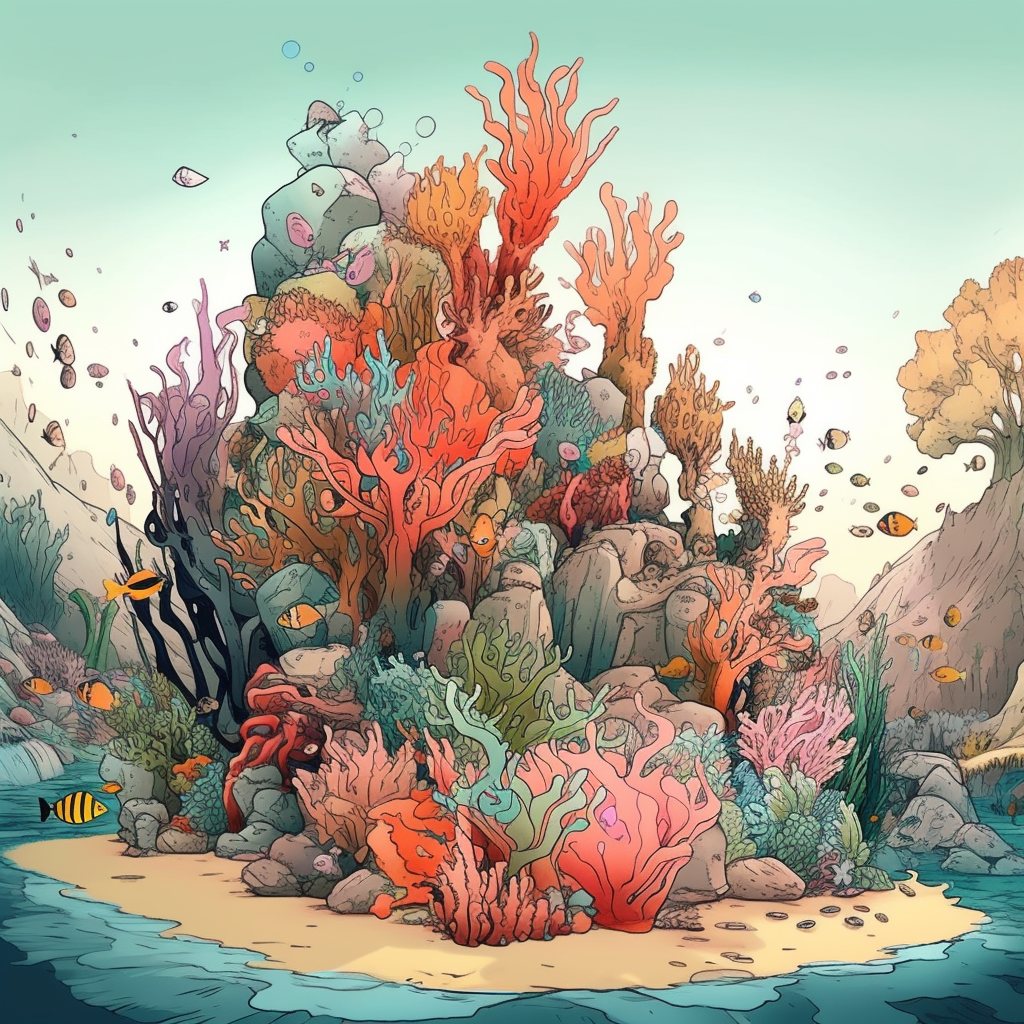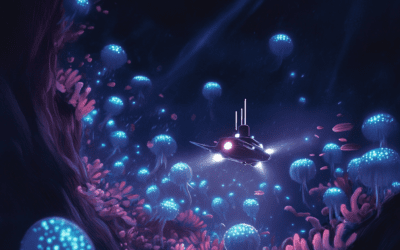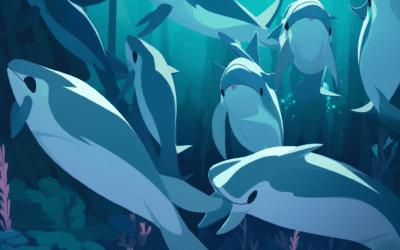Will there be coral reefs in 20 years?
Coral reefs are incredibly beautiful and diverse underwater ecosystems that are home to many different kinds of marine life. However, the future of coral reefs is uncertain. There are several factors that contribute to the decline of coral reefs, including climate change, pollution, overfishing, and destructive fishing practices.
The Impact of Climate Change
One of the biggest threats to coral reefs is climate change. As Earth’s temperature rises, the oceans are becoming warmer and more acidic. This increase in temperature and acidity can cause coral bleaching, where corals lose their colorful symbiotic algae. Without these algae, the corals become stressed and vulnerable to disease, eventually leading to their death. This is a major concern for the future of coral reefs, as it has been happening more frequently and on a larger scale in recent years.
Pollution and Coral Reefs
Pollution also poses a significant threat to coral reefs. Runoff from agricultural activities, sewage discharge, and industrial waste can introduce harmful chemicals and nutrients into the water, leading to algal blooms. These blooms can block sunlight and smother corals, preventing them from receiving the necessary energy for growth and survival. Additionally, pollutants can weaken corals, making them more susceptible to diseases.
Overfishing and Destructive Fishing Practices
Another human-induced threat to coral reefs is overfishing and destructive fishing practices. Overfishing disrupts the delicate balance of marine ecosystems by removing important predators and herbivorous fish that help control the population of algae, which can overgrow and smother corals. Destructive fishing practices, such as the use of dynamite or cyanide, can directly damage coral reefs, destroying their structure and habitat.
Conservation Efforts
Despite the challenges facing coral reefs, there is hope. Many organizations, scientists, and governments worldwide are working together to protect and restore these fragile ecosystems. These efforts include creating marine protected areas, implementing sustainable fishing practices, and reducing pollution from land-based sources.
The Importance of Coral Reefs
It is crucial to recognize the importance of coral reefs in the marine ecosystem. Coral reefs provide food and shelter for thousands of species of fish, crustaceans, and other marine organisms. They also act as natural barriers, protecting coastlines from erosion and the impacts of storms. Furthermore, coral reefs support local economies through tourism and provide opportunities for scientific research and discovery.
The Future of Coral Reefs
The future of coral reefs depends on our collective actions to address the underlying causes of their decline. By reducing greenhouse gas emissions, implementing sustainable practices, and protecting their habitats, we can increase the chances of coral reefs surviving and thriving in the future. However, there is no guarantee that they will fully recover within the next 20 years. It will require sustained efforts and global cooperation to ensure the long-term survival of these incredible ecosystems.
In conclusion, the future of coral reefs remains uncertain. While there are ongoing conservation efforts, the threats posed by climate change, pollution, overfishing, and destructive fishing practices continue to endanger these fragile ecosystems. It is essential that we take immediate action to protect and restore coral reefs to ensure their survival for future generations.












